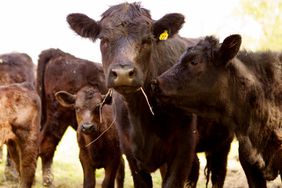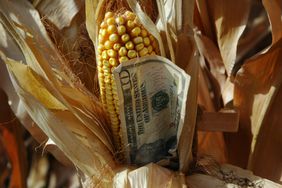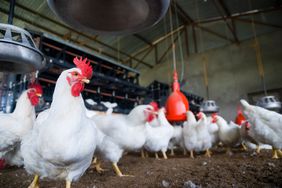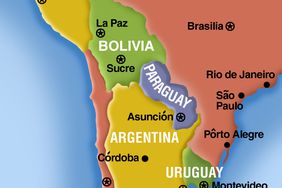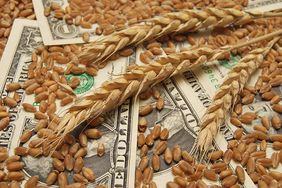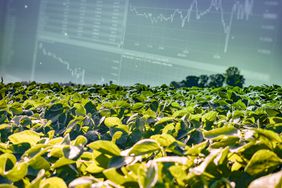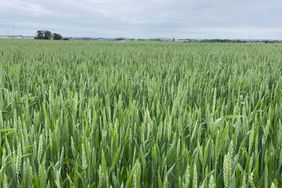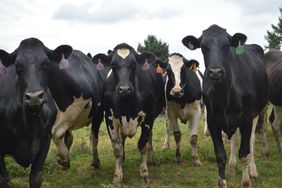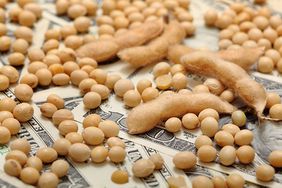:max_bytes(150000):strip_icc()/29348_DOAN20CATTLE-2-11e6babb303c4b53862b975f773c9004.jpg)
By Julie Ingwersen
CHICAGO, April 9 (Reuters) - The U.S. Department of Agriculture is canceling its July cattle inventory report as well as county-level estimates for crops and livestock, the government said in a statement on Tuesday, citing budget constraints.
While the USDA will still release a cattle inventory report each January, the July update has been of particular interest to traders in recent years as the U.S. beef cattle herd shrank to its smallest size in decades due to drought.
"Cancelling the July inventory report is a major blow to the livestock sector, who will now be limited to a once-a-year snapshot," said Scott Irwin, an agricultural economist at the University of Illinois.
The National Cattlemen's Beef Association (NCBA), a trade group representing cattle producers, called on the USDA to reverse its decision.
"It is disingenuous for the same agency which touts its commitment to transparency in livestock markets to arbitrarily cease publication of reports which provide just that," Ethan Lane, NCBA's vice president of government affairs, said in a statement.
The USDA's National Agricultural Statistics Service also announced it was discontinuing its objective yield survey for cotton as well as all county estimates for crops and livestock, beginning with the 2024 production year.
"The decision to discontinue these surveys and reports was not made lightly, but was necessary, given appropriated budget levels," the agency said in a statement.
The loss of county-level crop data will pose a challenge for commercial grain handlers who rely on the information for planning purposes. The USDA's decision "came as a surprise," said Bevan Everett, a risk management consultant with StoneX, a commodities brokerage.
"Our customers, which include processors and cooperatives, depend on those county yields to make business decisions for the season. Those include (grain) storage, origination, and risk strategies," Everett said.
(Reporting by Julie Ingwersen in Chicago; Editing by Matthew Lewis)
